
Understanding Equine Muscle Atrophy
Discover the causes, treatment, and prevention of this common muscular problem in horses.

Discover the causes, treatment, and prevention of this common muscular problem in horses.
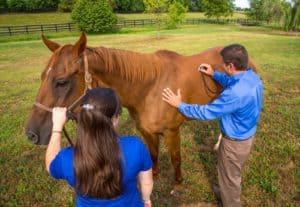
Find out what conditions, beyond lameness, a veterinarian might uncover during a prepurchase exam.
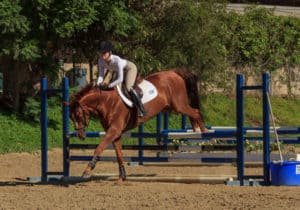
Find out what a veterinarian might look for when examining a horse that loses his balance after jumping a fence.
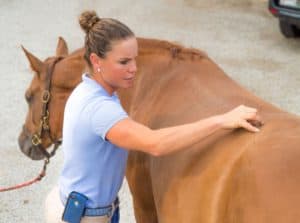
Two veterinarians share how they diagnose, treat, and rehab back-sore horses.
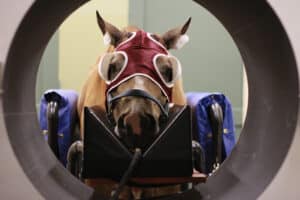
Emerging technologies are giving veterinarians the tools they need to best address dental disease in horses.
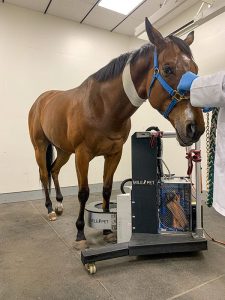
The racing industry is leading the charge in identifying at-risk athletes before catastrophe occurs.
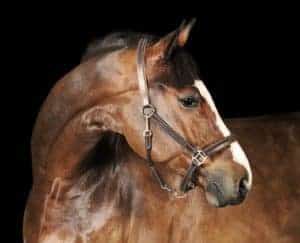
What are the most common neck issues in horses and how are research and technological advancements helping veterinarians diagnose them?
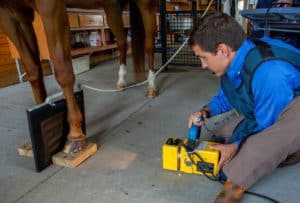
A veterinarian explains why hoof radiographs are important, how to use them, and what role they play in helping your horse feel and move better.
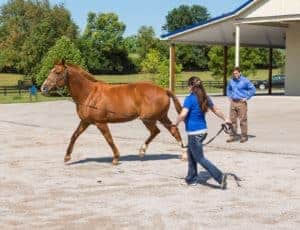
Detecting and managing osteoarthritis in its early stages can go a long way toward keeping your horse sound, comfortable, and happy in his job for years to come.
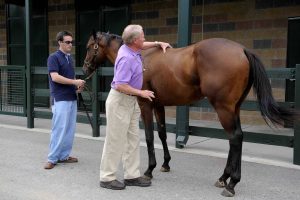
Radiographs can advise buyers and their veterinarians about pathologies that might pose a threat to the horse’s future soundness.
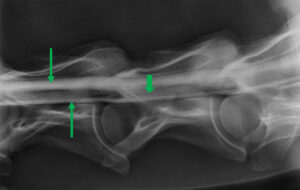
Learn how veterinarians diagnose pathology in these difficult-to-visualize regions of the horse’s body in this article from the Summer 2023 issue of The Horse.
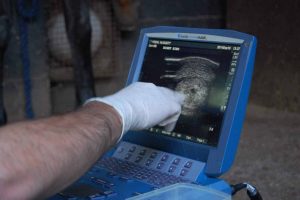
Four diagnostic imaging experts share insight that can help owners and veterinarians with the diagnostic process.
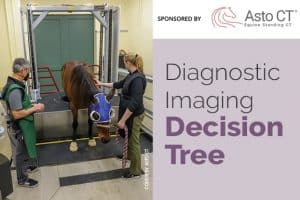
Diagnosing lameness in horses can be challenging, but veterinarians have an arsenal of imaging modalities available to help them make an accurate diagnosis. Sponsored by AstoCT.

Sand accumulation in the horse’s gut can lead to obstructions, irritation, and signs of colic, weight loss, and diarrhea. Read more in the Spring 2023 issue of The Horse.

Neck pain and pathologies are common in sport horses. It is important to combine results from clinical findings with imaging when making a diagnosis.
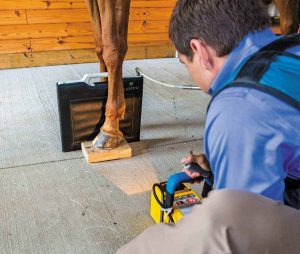
Diagnostic imaging results are clearer than ever, but how they will affect a horse’s performance career isn’t always evident.
Stay on top of the most recent Horse Health news with
© 2022 Copyright Statement dolor sit amet, consetetur sadipscing User Terms, sed diam nonumy eirmod tempor invidunt ut labore et dolore magna aliquyam erat, sed diam voluptua. At vero eos et accusam et justo duo dolores et ea rebum. Stet clita kasd gubergren, no sea takimata sanctus est Lorem ipsum dolor sit amet.
"*" indicates required fields